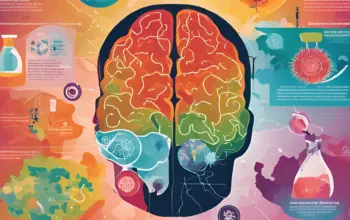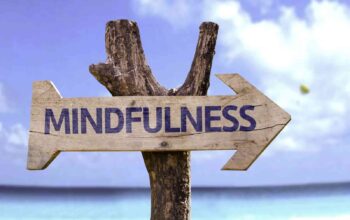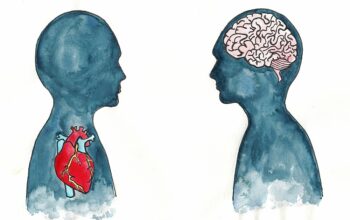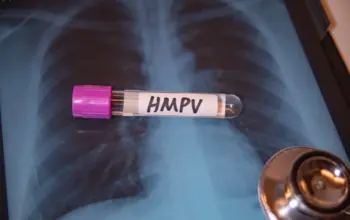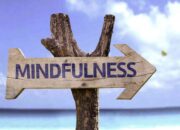Uzone.id — Feeling tired all the time? Or feeling tired of being tired? You’re probably entering the sign of burnout.
Burnout is real and it can affect anyone, especially in this fast-paced world. It’s important to recognize when it’s time to slow down and recharge your body batteries.

According to Emily Marszalek, Employee Wellness specialist at the University of Alabama at Birmingham, every decision and daily task builds or takes away from a person’s energy reserves and energy needs to be restored.
Sadly, many of us are unaware of our condition. Sometimes we just don’t care–or don’t have time to at least take a break from our daily routine. In the end, it’ll lead us to burnout and even worse, disrupt our mental health.
So, what exactly is burnout? Is it a disease or…
WHO stated that burnout is not a medical or mental health condition, it has been classified as a syndrome, meaning a collection of symptoms or signs associated with a specific health-related cause.
Burnout is more than just feeling tired. Symptoms of burnout include feeling exhausted, empty, and unable to cope with daily life.
Burnout can make you feel emotionally, mentally, and even physically exhausted. It can occur when you experience long-term stress and feel under constant pressure.
“Burnout is what happens when you try to avoid being human for too long,” said a clinical psychologist Dr. Sherrie Bourg Carter.
Signs you’re heading toward burnout
Sometimes, it’s hard to tell if you’re just stressed or burnt out. Stress is temporary, but burnout sticks around and can leave you feeling helpless.
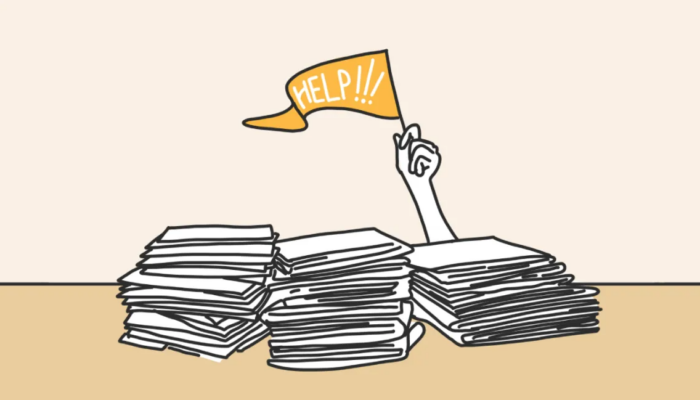
Burnout can impact your productivity, like being absent from school or work. You’ll also feel severe exhaustion, feeling cut off from others, and feeling they have no hope, energy, or reason for things to change.
Here are some warning signs (physical and emotional) that you might be heading toward burnout:
Physical signs that lead you to burnout are when your body feels tired most of the time. No matter how much sleep you get, you always feel drained and lacking energy.
Other physical symptoms of burnout are insomnia and sleep disturbance, frequent headaches, muscle or joint pain, gastrointestinal problems, such as feeling sick or loss of appetite, frequent illness due to lowered immunity, high blood pressure, and issues breathing.
Emotional signs of burnout are when you feel detachment. That’s when you start to feel disconnected from things you once enjoyed, like hobbies, friends, or work. It’s also hard for you to focus, make decisions, or complete tasks that used to be easy.
A negative mindset is ruling you, feeling helpless, trapped, and/or defeated, self-doubt, feeling a failure or worthless, overwhelmed, or you may start to feel cynical, irritable, or generally negative about life.
You’ll also feel demotivated, lack of sense of satisfaction and achievement, loss of interest and enjoyment, dread, worry, and anxiety.
These signs are your body’s way of saying, “Hey, I need a break!” Ignoring them can make things worse over time, that’s why you should take a step and listen to your condition.
So, what should you do to prevent burnout?
The best way to tackle burnout is by preventing it before it becomes a problem. Here are some tips to recharge and refresh your mind and body:
1. Set Boundaries
It’s easy to get caught up in work, school, or social commitments, but it’s crucial to set boundaries. Saying “no” to things that don’t align with your priorities can help protect your mental space. As Dr. Cirbus puts it, “Boundaries are not a rejection of others but an act of self-care.”
2. Take a (real) break
Don’t underestimate the power of breaks. Whether it’s a 5-minute breather or a full weekend off, taking time away from responsibilities can give your brain the rest it needs to recharge. Research published in Frontiers in Psychology shows that regular breaks can improve focus, reduce stress, and boost creativity.
3. Social media detox
Social media can be a source of stress, FOMO, comparison, etc can make you mentally drained. Consider a digital detox for a few hours or even a day to free up mental energy.
4. Practice mindfulness
Mindfulness practices like meditation or deep breathing exercises can help reduce stress and clear your mind. According to the American Psychological Association, mindfulness has been shown to improve emotional regulation and decrease symptoms of burnout.
5. Get enough sleep
Sleep is a key component of recovery. When you’re well-rested, you’re better equipped to handle stress and avoid burnout. The CDC recommends 7-9 hours of sleep per night for adults. If you struggle with sleep, try creating a bedtime routine, limiting screen time before bed, and keeping a consistent sleep schedule.
How to recharge when you’re already burnt out?
The first step is being open to someone. Reach out to friends, family, or even a therapist to open up about how you’re feeling. Sometimes, getting things off your chest is the first step toward healing.
Burnout thrives in isolation. Connecting with others can help you feel supported and less alone.
The second step is when you’re burnt out, the thought of doing anything productive can feel overwhelming. Instead of tackling everything at once, focus on small, manageable tasks that won’t drain your energy.
Third, treat yourself. Permit yourself to indulge in something you enjoy, whether it’s watching your favorite show, taking a long bath, or treating yourself to a good meal. Self-care and self-award are crucial for recovery.
At the end of the day, preventing burnout is about listening to your body and knowing when to take a break. Life can be busy and stressful, but taking time to recharge isn’t just a luxury—it’s a necessity.
If you’re feeling overwhelmed, it’s okay to pause and prioritize your mental and physical well-being. Trust yourself, set boundaries, and take breaks when needed.





